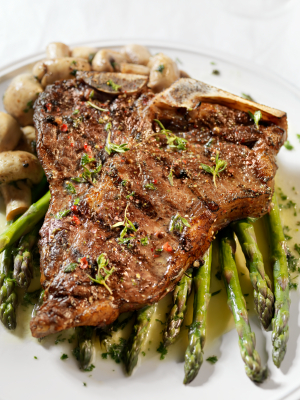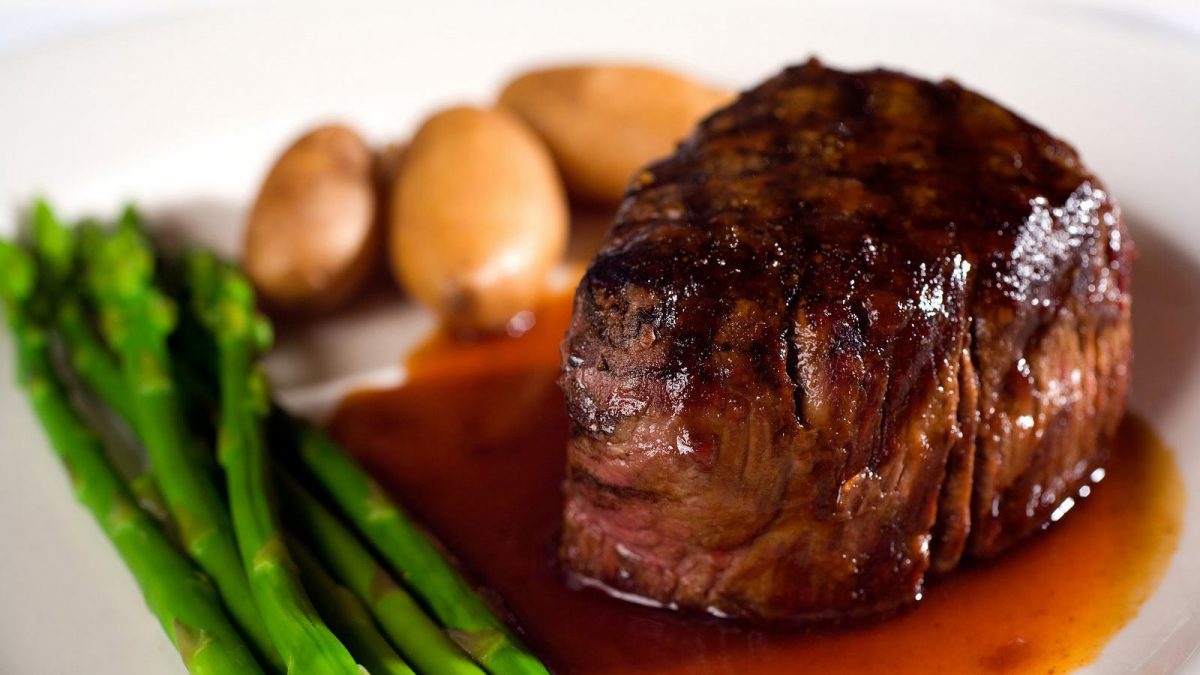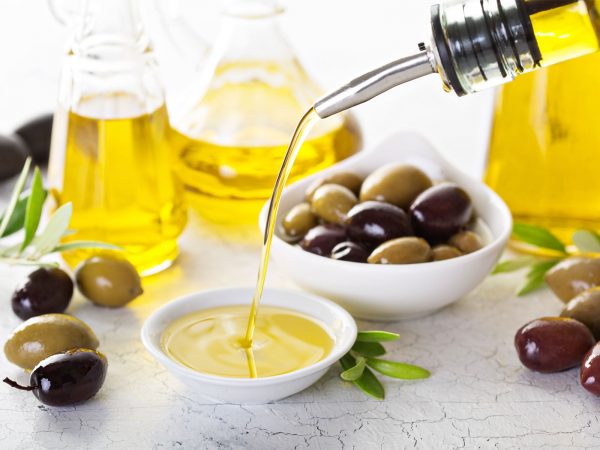Red Meat Causes Cancer?
If you have picked up a newspaper or turned on the news in the past few months, you might have read or heard the story that “red meat causes cancer.”
Just about every major health organization and the entire mainstream news media have broadcast the headlines about this study of 500,000 people, published in the Archives of Internal Medicine.
But before you toss out your steak knives and donate your grill, consider this important fact: The researchers in the study failed to consider how the beef was produced.
And that’s just ONE of the major flaws in this study purporting that red meat causes cancer. We’ll cover the others in another newsletter. For today, let’s focus on how the meat was produced.
You may be thinking: “Red meat is red meat, right?” Not even close.

You see, 85% of all meat that is produced is conventionally-raised. That means that whether you are eating a cheap fast food burger or an expensive filet mignon, the beef on your plate is raised on a jam-packed factory feedlot and fattened on pesticide-ridden corn.
That cow doesn’t have the chance to eat the diet that was designed for it by Mother Nature – a diet of grass. And the result is meat that is:
- Higher in calories
- Higher in saturated fat
- Higher in inflammation promoting omega-6 fats – in fact conventional beef has a ratio of 20:1 omega-6 to omega-3!
- Lower in a cancer-fighting, fat blasting fat called conjugated linolenic acid (CLA)
- Lower in heart-healthy omega-3s
- Lower in cancer-fighting vitamins including A and E
- Packed with growth hormones, pesticide residues and antibiotics
Dining Where the Grass is Greener
The good news is that the grass is definitely greener on the pasture-fed side.
In fact, meat from grass-fed beef is naturally leaner, lower in calories and packed with age-defying, cancer-fighting nutrients including:
- An optimal ratio of omega 6 to omega 3 (about 0.16:1)
- 200-400% more omega-3 than its grain fed counterparts (that’s because 60% of the fats in grass are omega-3s!)
- 400% more conjugated linolenic acid (CLA)
- 400% more vitamin A and E
- NO growth hormones, pesticide residues or regular antibiotic use
Dr. Loren Cordain, PhD, author of The Paleo Diet and a professor in the Department of Health and Exercise Science at Colorado State University , has done quite a bit of research on the world of differences between grass-fed and grain-fed beef.
Prior to the development of agriculture, wild ruminants (including elk, deer, buffalo, and antelope) represented the primary fat source for humans.
Because our genes haven’t changed much since the days of our paleo ancestors, Dr. Cordain holds that this dietary deviation – due to a shift to unnatural farming practices – is one of the primary causes of chronic disease, including cancer .
.
Dr. Cordain found that the fat composition of wild ruminants is quite similar to that of grass-fed beef… but notably dissimilar to the unhealthy fat makeup of grain-fed beef.
Could it be that disease is not associated with a diet of red meat… but rather with the diet of our red meat?
You have certainly heard the adage, you are what you eat. But when it comes to meat and fish, you are what they ate.
There are three key things to think about when eating higher on the food chain: the animal’s environment, its diet and your preparation method.
If you always opt for the more natural method (grass-grazers vs. corn eaters; wild vs. farmed; free-range vs. caged; pesticide-free vs. sprayed), you’re sure to start out with a healthier piece of meat.




Totally agree that organic grass fed red meat is good for you whereas the corn fed with all the other carcinogenic additives and antibiotics is not. Good fats we need. Same with butter from grass fed organic animals as opposed to margarine.
Regurgitating an article from 2010? Really.
Yes, Kelley. An article which we researched and wrote. The information is still valid and valuable. Do you have a specific critique? Do you see any information in the article that is outdated? Or do you just like to complain?
Maybe I just like to complain. Got me there. Perhaps not OUTDATED, but maybe not completely UPDATED. I’m a regular consumer of grass-fed red meat, but there’s always a tiny lingering doubt left in me, so I like to be continually reassured that what I’m doing is ‘good’ for me and not contributing to a future ailment or disease. A lot of research has passed under the bridge since 2010 on this hot button topic. Maybe not good research, but the opinions keep coming and most of them seem to vilify red meat and/or saturated fat.
Yes, there is an association between TMAO (produced during carnitine i.e. red meat consumption) and cardiovascular disease. An association only…in rodents…no causation established. Further research, in humans, certainly necessary. Does Neu5gc (found in beef and pork) cause inflammation with potential for adverse health effects? Inconclusive, more research required. These days, I’m looking for recent and relevant validation that what I’m doing is the right thing for my health, that’s all.
Kelley,
Are you worried about seafood too? Eating fish can generate TMAO levels far higher than red meat according to recent research: “Trimethylamine-N-oxide (TMAO) response to animal source foods varies among healthy young men and is influenced by their gut microbiota composition: A randomized controlled trial.”
They concluded: “Consumption of fish yielded substantially greater increases in circulating TMAO than eggs or beef.”
Of course, there is also research that TMAO is cardio-protective published in 2018 American Journal of Physiology-Heart and Circulatory Physiology. The lead researcher states:
“Our study provides new evidence for a potential beneficial effect of a moderate increase in plasma TMAO on pressure-overloaded heart”
TMAO is a metabolite of phosphatidylcholine – a vital component of cell membranes. Is phosphatidylcholine harmful? No – we need it to survive. It is the metabolism in the gut by SPECIFIC microbes (called firmicutes) that generates TMAO. Please also read: “Plasma Trimethylamine N-Oxide, a Gut Microbe–Generated Phosphatidylcholine Metabolite, Is Associated With Atherosclerotic Burden”
I believe we will have a lot better information and more ability to personalize diet to the individual in the next 5-10 years. How TMAO affects you is different than how TMAO affects me due to our microbiome differences (genetic and metabolism differences too, most likely). Until we can evaluate an individual’s UNIQUE response to a specific food component, there will continue to be “inconclusive” and “contradictory” information – how could there not be? Of course, studies in rats do not translate directly to humans, so that’s an issue too.
We are a heterogeneous species and diet is multi factorial. I believe scientific research is a starting point from which we can hone our own diet. I like to look at my key markers of inflammation and glycation to see how I’m doing, as well as consider my unique genetics and how that may impact my reaction to a specific food.
Kelley